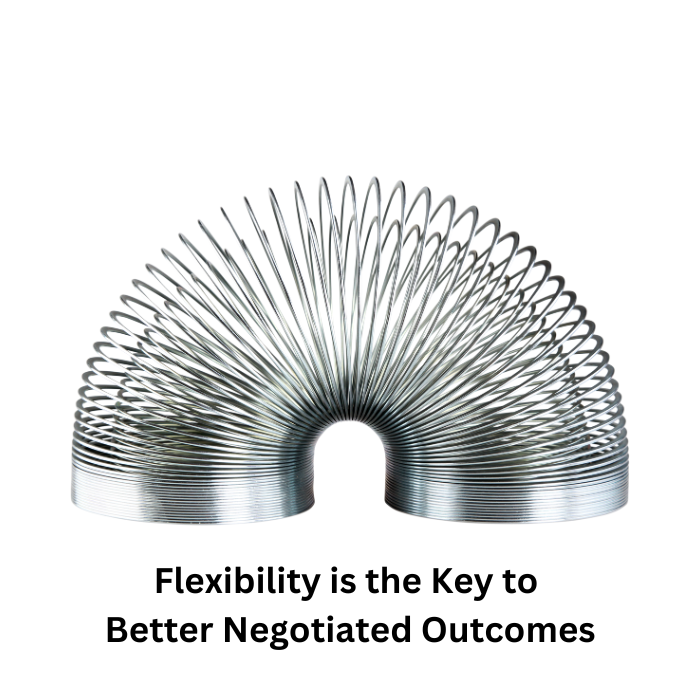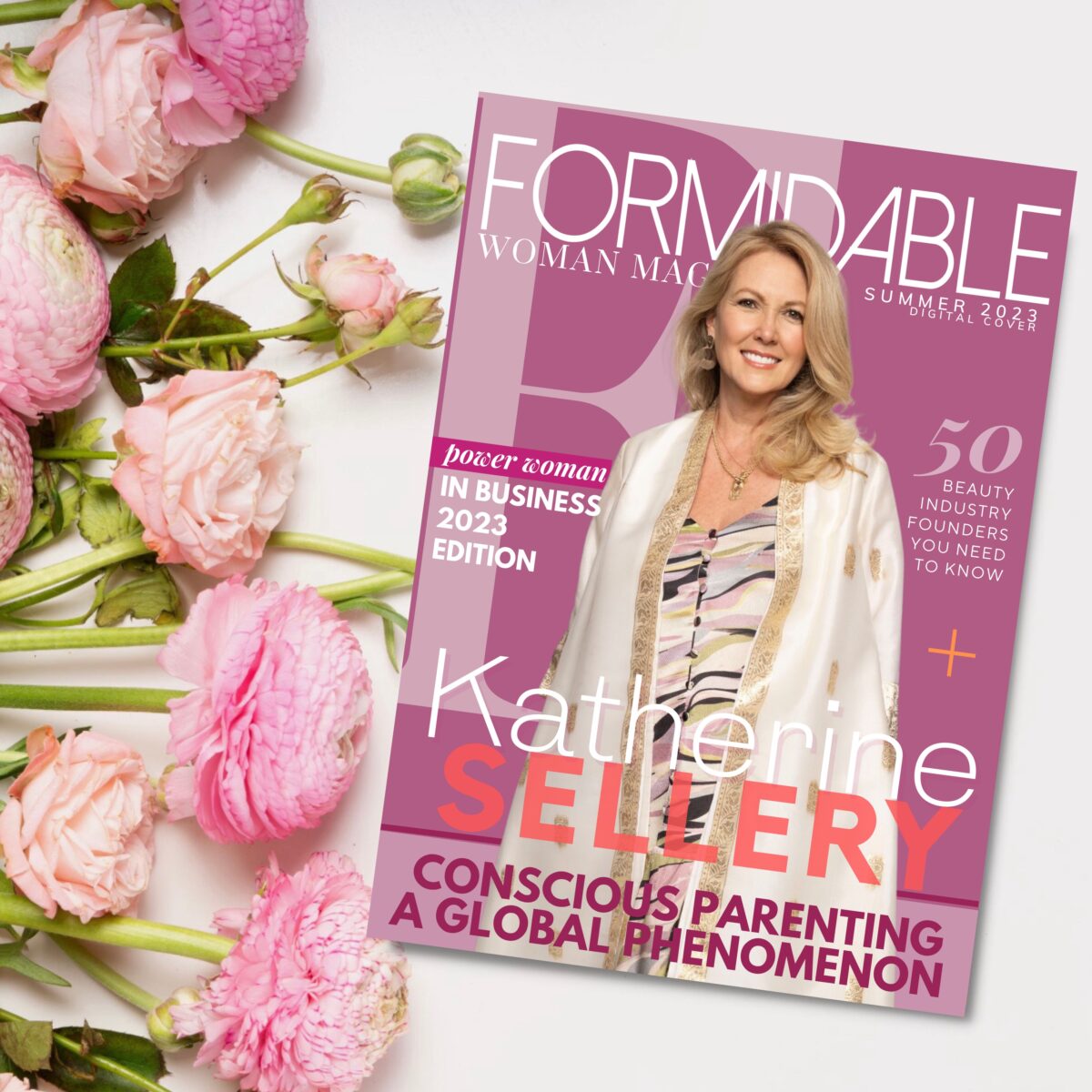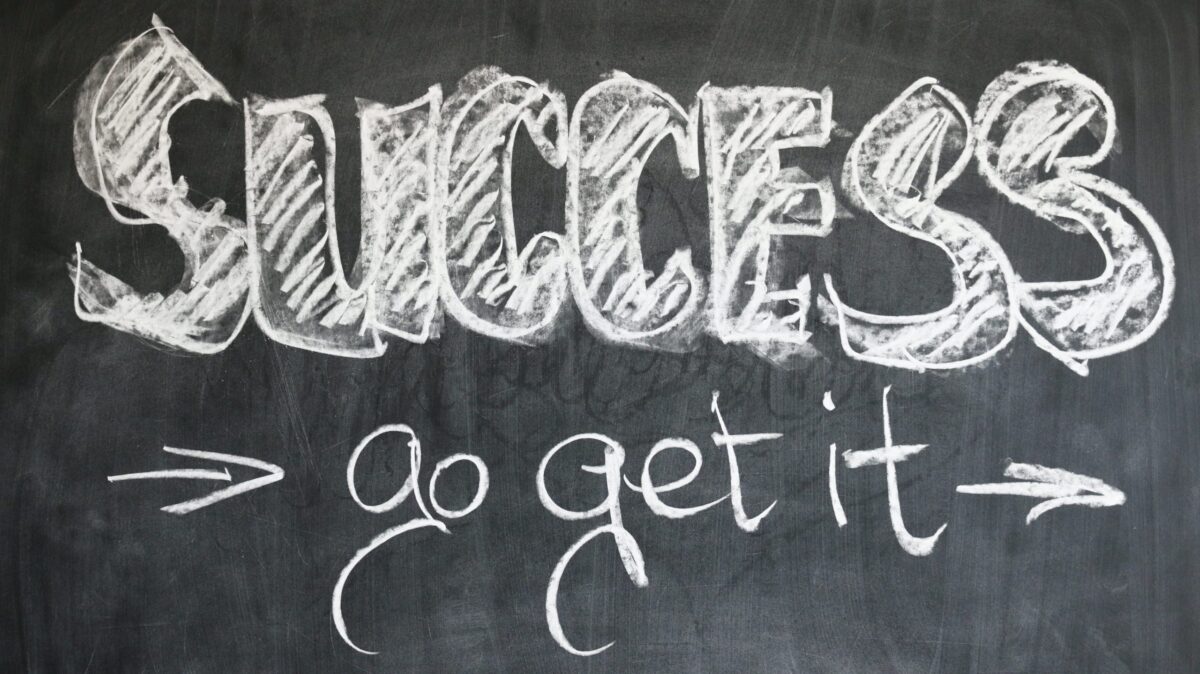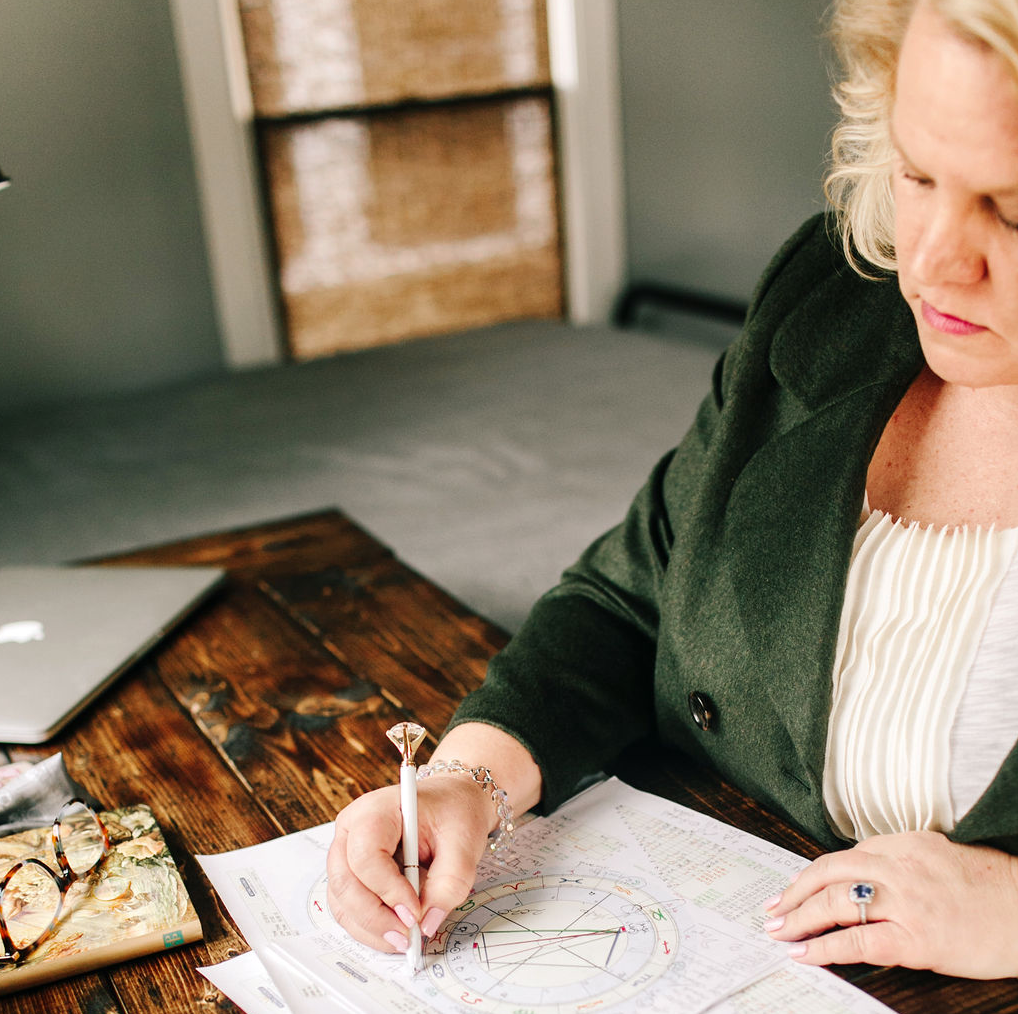
Flexibility is the Key
Do you remember the fitness tests we used to have to take in elementary school? Flexibility was always a key aspect of those tests. It struck me recently that while we teach and recognize the value of flexibility in our physical health, we don’t consider the importance of flexibility in our mental health and approach to life.
Ignore flexibility to your detriment. All of life is a negotiation and flexibility is key to better negotiated outcomes. It’s one of the reasons flexibility is a cornerstone of my Art of Feminine Negotiation™ programs.
Here’s just a few reasons why I’m a cheerleader for flexibility…
Perspective
As humans we are notoriously bad at perspective-taking. Sadly, we don’t recognize this weakness. We tend to assume that our perspective on any given issue is the only one – or at least the correct one. We don’t allow for the legitimacy of differing views and the basis on which they’re built.
Our perspectives are clouded by our past experiences. We tend to hold on to our old opinions, and even the opinions of other influences in our lives (i.e. parents or strong authority figures). We don’t hold them up to check for cracks or flaws. And so, we become too attached to ideas that may not have a solid foundation.
Yet, if we approached negotiations (and all our interactions) with a genuine desire to understand the perspectives of others, it opens the door for deeper understanding and better outcomes.
Preconceived Ideas
Tied to perspective, I invite you avoid starting with preconceived ideas in your negotiations. We’re all guilty of this. I encourage you to open your mind and your heart to receiving new ideas. When preparing your ‘arguments’, always consider perspectives and positions that challenge your view and your pre-existing ideas. Be open to the possibility of an ever-expanding range of approaches.
Be Open to Multiple Solutions
Tied to expanding ranges of options, I champion the approach of actively seeking out multiple solutions to any given problem or issue. Don’t become too attached to your approach as the only approach. Be open to the possibility that there are likely multiple solutions available in any given situation and that they may be equally good if not better.
When we look for only one answer and believe in the idea of a single perfect solution, it gets in the way of finding alternative resolutions that could be superior. There is rarely only one answer. Be on the lookout for more.
Be Creative
Tied to being on the lookout for more, I also advocate creativity. Be open to out of the box thinking and ideas. This is where the gold usually lies. This is where true ‘win better’ solutions are born. It requires a certain level of curiosity and vulnerability (both of which are often discouraged under traditional negotiation models).
Avoid Judgment
All of the above ideas require a suspension of judgment. Cultivate an approach where you avoid judgment of the person you are negotiating with. Judgment inhibits open communication and exchange of ideas.
Also avoid judging ideas (at least until you have several on the table). Judging each possibility as it arises, inhibits the type of creativity I advocated above. It inhibits the process. To allow for full creativity to get best outcomes requires the space to let ideas flow. The analysis should come after a free-flow exhaustion of options. Think of the increased range of possibility if you don’t judge whether any given idea is suitable until after all possibilities are on the table.
Look For Best Outcomes For All
Seek solutions that result in mutual gain and maximum benefit for all. Actively seek solutions that consider the needs of the other party. This seems counter-intuitive based on our conditioning to view negotiations as a win-lose proposition. When we show up with limited perspective, holding onto our preconceived ideas about the issues and potential results, we miss out on outcomes that can achieve better buy-in, longer lasting agreements, better relationships, and more positive impact.











